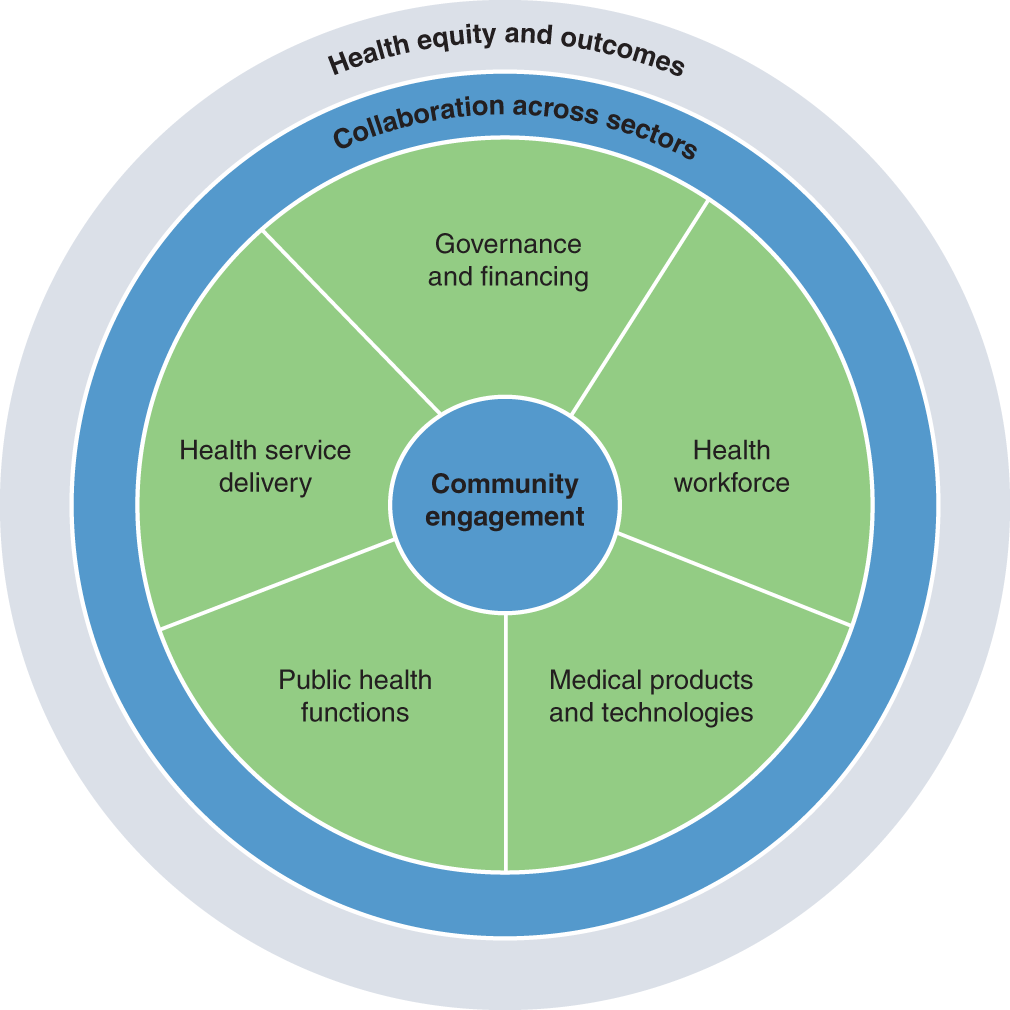
Revolutionizing Control: Pioneering Innovations in Epidemic Technologies
In the fast-evolving landscape of public health, technological advancements play a pivotal role in enhancing our ability to control and combat epidemics. This article delves into innovative epidemic control technologies, exploring how these cutting-edge solutions are reshaping the way we respond to infectious diseases.
Smart Surveillance Systems: Real-time Monitoring for Rapid Response
The advent of smart surveillance systems has transformed epidemic control. These systems leverage advanced technologies such as artificial intelligence and data analytics to monitor real-time data on disease prevalence, identify outbreak patterns, and predict potential hotspots. The result is a more proactive and targeted response, minimizing the spread of infectious agents.
Telehealth and Remote Monitoring: Transforming Patient Care
Telehealth and remote monitoring technologies have emerged as game-changers in epidemic control. These solutions enable healthcare professionals to remotely assess and monitor patients, reducing the need for physical contact and minimizing the risk of transmission. The integration of telehealth facilitates timely interventions and ensures continuity of care, even during epidemic situations.
Contact Tracing Apps: Enhancing Precision in Tracking
Contact tracing apps have become indispensable tools in epidemic control. Utilizing Bluetooth technology and geolocation data, these apps enable efficient tracking of individuals who may have been exposed to infectious agents. The rapid identification of potential cases allows for targeted testing and isolation measures, curbing the spread of epidemics.
Predictive Modeling Software: Anticipating Outbreaks
Predictive modeling software empowers public health officials to anticipate and plan for potential outbreaks. By analyzing various factors such as population density, travel patterns, and environmental conditions, these models provide insights into the potential trajectory of epidemics. This foresight enables preemptive measures, optimizing resource allocation and response strategies.
Drones and Robotics: Delivering Essential Supplies Safely
Drones and robotics have found applications in the delivery of essential supplies during epidemics. These technologies can transport medical equipment, test kits, and even medications to remote or affected areas, reducing the need for human contact. The use of drones ensures the timely and safe delivery of critical resources, particularly in situations where accessibility is a challenge.
Wearable Health Tech: Personalized Monitoring for Early Detection
Wearable health technologies offer personalized monitoring for early detection of symptoms. From smartwatches to fitness trackers, these devices can track vital signs and health metrics. In an epidemic context, wearable tech becomes a valuable tool for individuals to monitor their health, while aggregated data contributes to broader epidemiological insights.
Blockchain for Data Security: Safeguarding Sensitive Information
In the era of digital health data, blockchain technology is making strides in safeguarding sensitive information. Epidemic control often involves managing vast amounts of data, from test results to contact tracing records. Blockchain’s decentralized and secure nature ensures the integrity and privacy of this data, instilling trust in the public health infrastructure.
3D Printing for Rapid Prototyping: Accelerating Response Efforts
3D printing has emerged as a revolutionary technology in epidemic response. Rapid prototyping allows for the quick production of essential items, such as medical equipment and protective gear. This agility is especially crucial during supply chain disruptions or sudden surges in demand, ensuring that frontline responders have the necessary tools to combat epidemics.
Virtual Reality Training: Enhancing Preparedness for Healthcare Professionals
Virtual reality (VR) training has transformed the way healthcare professionals prepare for epidemic scenarios. VR simulations provide immersive training experiences, allowing practitioners to practice responding to outbreaks in a realistic virtual environment. This technology enhances preparedness, improves response times, and ensures that healthcare professionals are well-equipped to handle epidemic situations.
In conclusion, innovative epidemic control technologies are reshaping the landscape of public health response. From real-time surveillance to wearable health tech and virtual reality training, these advancements are enhancing our ability to monitor, respond to, and ultimately control infectious diseases. To explore more about innovative epidemic control technologies, visit healthcares.my.id.













